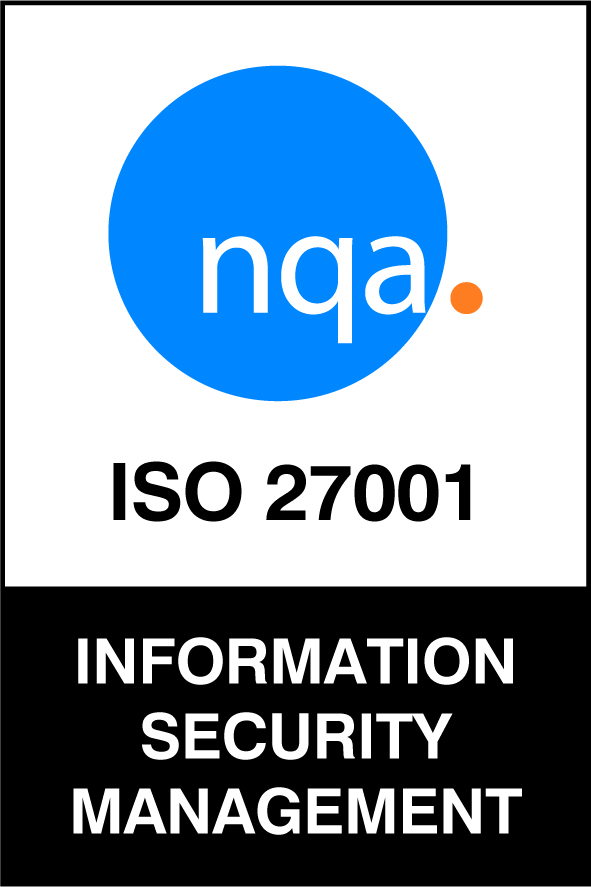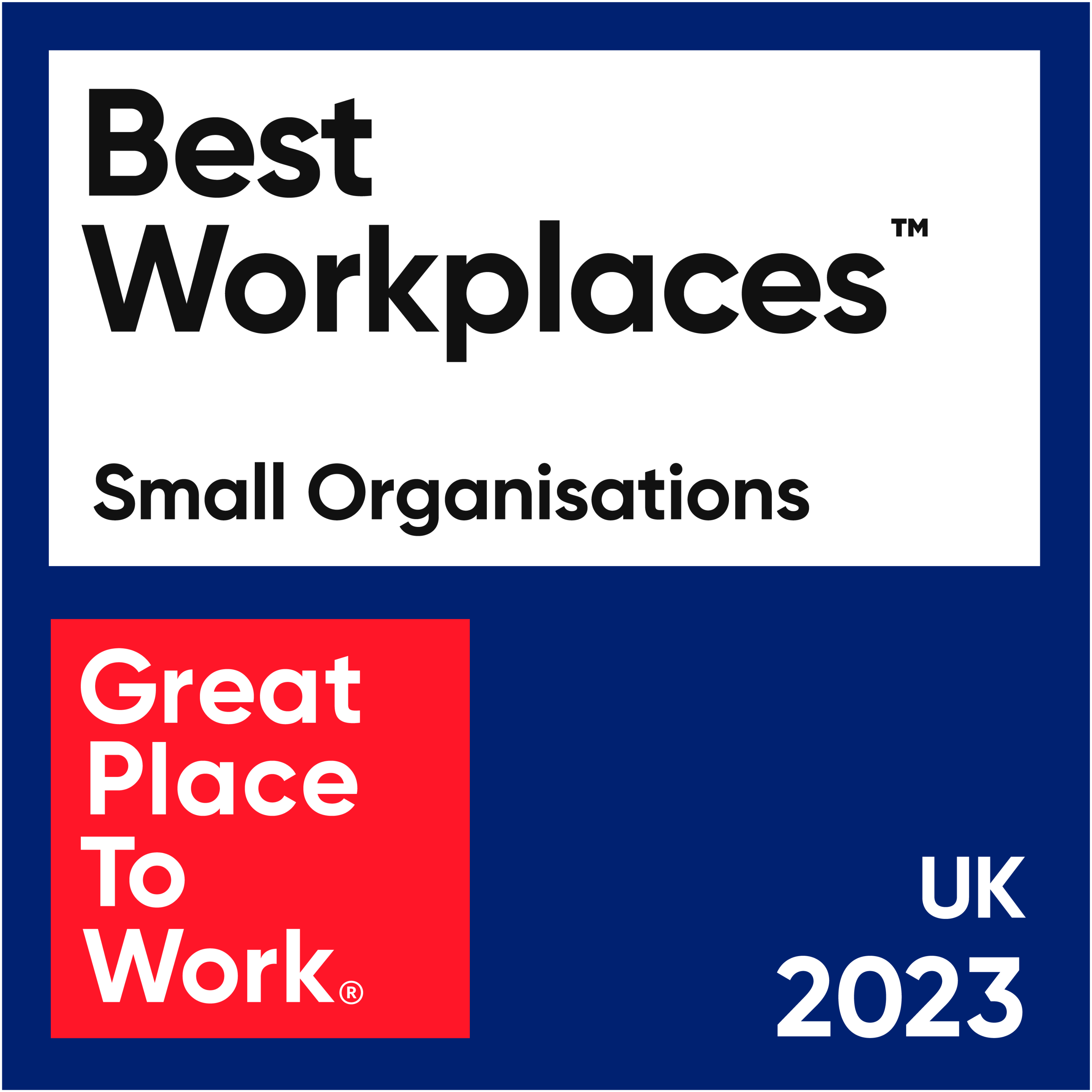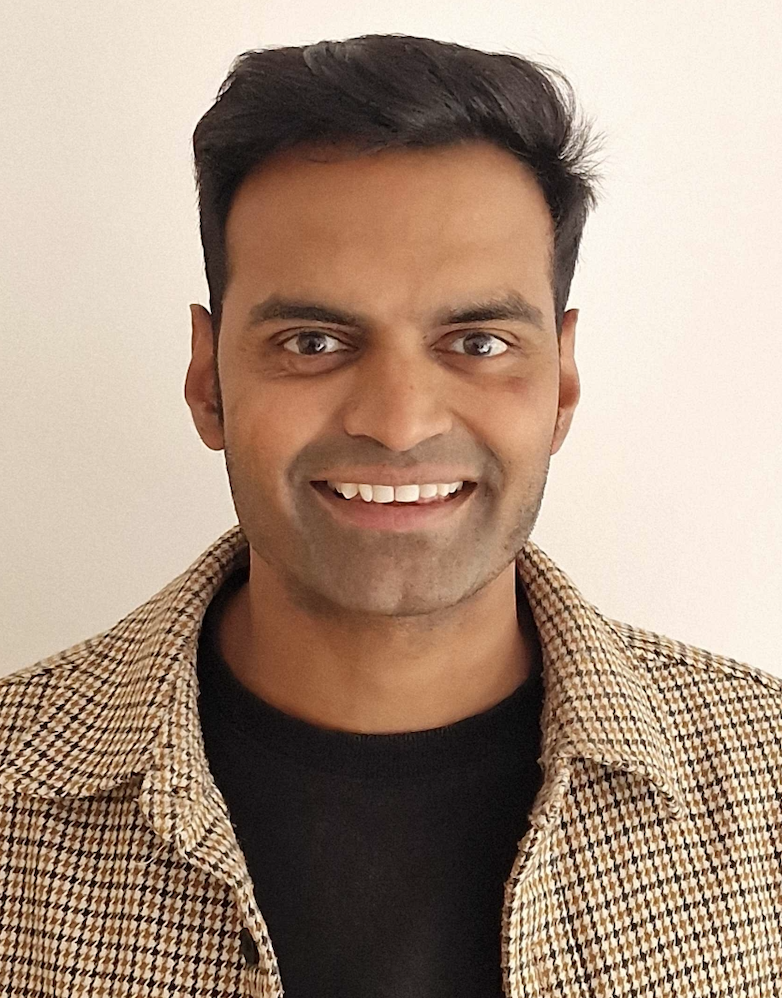Webinar | How to interview product people
When it comes to building incredible product teams, making the right hiring decisions is pivotal. Building a successful product team isn't just about finding someone with the right skills; it's about finding the right fit.
In our webinar, we’ll show you how to go beyond the traditional interview script and get to the heart of what makes a candidate tick.
We’ll discuss everything from understanding the role in depth, to crafting questions that reveal problem-solving abilities, and how to create a level playing field for all candidates by ensuring accessibility and inclusivity throughout the interview process.
Whether you're a seasoned hiring manager or new to the interview scene, we’ll guide you through creating a more human, insightful, and effective interview process that welcomes all backgrounds and perspectives.
This webinar promises to give you the confidence to select top-tier candidates who will drive your organisation forward.
Watch on demand:
Transcript:
Hi there. My name's Dan Hoff-Rodrigues, and I'm the Managing Director of IRIS. Welcome to another one of our webinars.
And today I'm going to be talking about how you can interview people when it comes to implementing a really smooth, seamless, and strategic interview process into your next hiring campaign.
So let's get going.
When it comes to building incredible product teams, making the right hiring decisions is absolutely pivotal. Building a successful product team isn't just about finding someone with the right skills, but it's about finding the right fit.
In today's webinar, we'll show you how to go beyond traditional interview scripts and to get to the heart of what makes a candidate tick.
So here's the plan. In today's webinar, I'll be looking at bad habits, defining success, top grading, and then, what to do next.
We'll set the scene with some bad interviewing techniques before we get into crafting our interviews and the questions that will reveal real problem solving abilities in your candidates, all in an effective process that welcomes all backgrounds and perspectives. And finally, we'll aim to give you that confidence to select top tier candidates who will drive your business moving forward.
This is ‘Who.’
We've refined our interviewing techniques by being students of this book for several years. And Jeff Smart and Randy Street spent 1,300 hours of interviewing 20 billionaires and 300 CEOs to find the perfect formula for hiring your next superstar.
We found their method works a treat and we're not shy to say it's influenced what we talk about in today's webinar.
Smart and Street have empirical evidence that getting a hire wrong can cost the company $1.5 million or more. It seems crazy until you start really thinking about the lack of productivity from an underperforming employee in the growth end of your organisation. Adding the cost of performance management, settlements, and the time to rehire, and suddenly that $1.5 million dollars doesn't look unrealistic. So, why do hiring blunders happen?
The root can always be found in interviewing, and some examples are likely going to be familiar to you. So these are some of the bad habits I'm about to cover. So hiring managers easily fall into these traps when interviewing. You've got the art critic. And a good art critic can make an accurate appraisal of a painting within minutes.
With A player hiring though, people who think they are naturally equipped to read people on the fly are setting themselves up to be fooled big time.
They might also be the sponge. And a common approach among busy managers is to let everybody interview a candidate to soak up what they can and the sponge's ultimate assessment of the person he hires rarely goes deeper than he's a good guy.
They could also be a prosecutor. Prosecutors aggressively question candidates attempting to trip them up with trick questions and logic problems and in the end trick questions might land you the most knowledgeable candidate but knowledge and ability to do the job are not the same thing.
Or maybe they're the suitor. Suitors are more concerned with impressing candidates than assessing their capabilities and they spend most of their time at an interview talking rather than actually listening.
Suitors land their share of candidates, but they take their chances with a candidate actually being a good fit.
So whichever persona a hiring manager adopts, you're weakening your chances of finding the best possible candidate for your role by acting this way, and we believe there's a better way to plan and execute.
So let's get into it.
Let's cover defining success. Job descriptions. I'm yet to find anyone who loves truly writing a job description. They're a labour of love and they're very essential for fuelling a great interview approach.
But let's take a deeper look.
Outcomes. You can sketch this out on paper or use the interactive whiteboard to let your thinking go wild. But refining the outcomes for the role also gives you two other things you'll need to put at the heart of your interview.
Your questions can be based on the outcomes you need. Does your candidate have experience and skills to deliver them? You can frame up your first round interview questions on these, and these should be your non negotiables, or what we like to call deal breakers.
You're also going to ask them how successful they were with their experience. Again, you need to know they can deliver. And a sneaky tip to doing this, those outcomes you are looking for can also be used as a measure in your candidate's probation period. Talk about efficiency.
Use those outcomes to create around 10 first round interview questions and then select three to four deliverables.
These are the areas that are must haves so your new hire has the best chance of achieving what you need.
So now I want to talk about deal breakers. Now going to work to assumptions that your deal breakers have done their job. You've got a second round shortlist and a very good killer brief based on those outcomes. And everyone has wowed you with their response. So what's next?
Top grading.
As you move to second round interview, you can use Smart and Street's interviewing technique called Top Grader, which really tests the substance behind a candidate's experience, their success, and also help reveal the depth of their problem solving abilities. This is a fair and accessible method of interviewing, for candidates to bring their best selves to the table and for you to select your chosen one.
The interview itself is a chronological walkthrough of a person's career, and you start at the beginning and you come forward to present day, asking five simple and very key questions.
Number one. What were you hired to do? You're trying to discover what their scorecard was for each of those roles.
What were they tasked with delivering? Look at their mission and obviously the outcomes. What were the high points? A players talk about outcomes linked to their missions and the scorecard of those roles.
You'll spot a B or C player really easily when they regale about things such as staff, events, or people, or the things in the job that they liked, without ever telling you the results they produced.
Number three, what were the low points? If they can't tell you any, don't let them off the hook. I think it's really important that you push those candidates to share the lows of those jobs that they experienced.
Number four. Who did you work with? Ask for their boss's name and make sure you ask them to spell it if you are unsure. Then ask them what it was like working with them. What I think is really important at this part is that you ask what they will say about you in terms of What were your biggest strengths and areas of improvement?
Don't be scared to preface this with, "When I speak to said person," because you're going to be getting references from those people.
Why did they leave? This is a critical and A player clue.
Did they move on because of success, such as promotion, or being hunted by a former colleague or manager? Or on reputation alone? Or were they pushed out of a job by a boss who didn't value their contribution? This can sometimes be an indicator of a B or C player.
So, that's top grading. Sounds super simple? Actually, it takes a lot of practice, and you do need to have a bit of discipline to make sure you get the answers you need and the interview completed in a timely manner. It's a lot of fun to do, and we've loved learning how to execute it. So where do we go from here?
Let's take it back to the start. So, you've got to define these outcomes. And this is at the heart of a successful interview programme.
Know what success looks like and measuring your candidate's ability to deliver on it based on their experience and skills is paramount in the early interview rounds.
You'll save yourself a lot of hours interviewing if you have clear outcomes to screen against.
Five key questions in your second round top grading interview is all it takes to build a picture of your candidate. Do that for all their roles and you'll soon have a clear picture of their ability to smash this role out of the park. Template up those five questions so you can record answers and match against your outcomes and you're well on your way.
And there's obviously some key tactics to keeping top grading interviews on track and validating everything your candidate tells you. You can't take everything as read, so you need to take control. That means interrupting with kindness, drilling into performance, understanding how someone moved between roles or even just establishing what their actual role in a project was.
Did they use the word I or we a lot? That's time to pause and interrogate. We learnt the hard way with all of these and are happy to share on the experience with you and help you become a master top grader.
So that's everything for now.
Thank you for joining me for today's webinar and if you'd like to talk about candidate interviewing and maybe might want to share your own experiences and your own scorecards that you implement in your own organisation, then please do get in contact with me at hiya@foundbyiris.com.
We offer workshops that take you from creating that killer job description through to how to embed top grading interviews as standard practice in your organisation.
Please follow us on LinkedIn. Check out our website at foundbyiris.com for news on our latest roles and more insight and opinion on building extraordinary product teams.
And all that's left for me to do is to wish you best of luck with you and your interviewing and hiring strategies and hope to see you at another IRIS webinar soon. See you later.


built by: huzzah!

